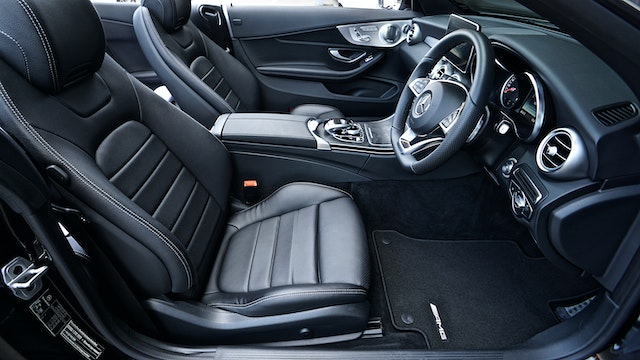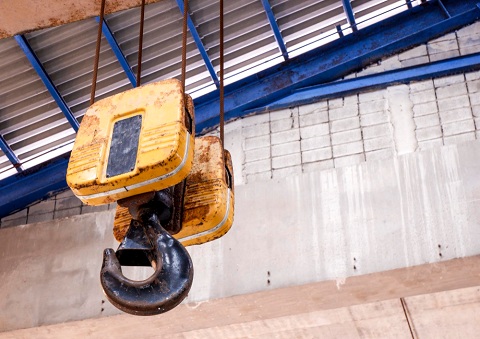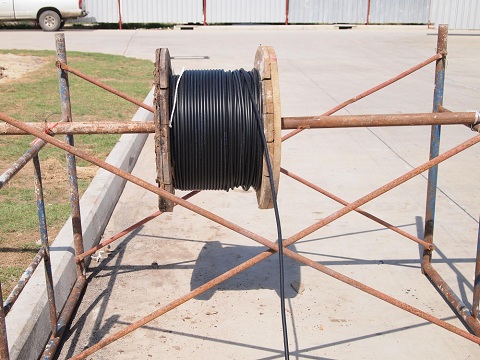Car accessories are additional items that can be added to a vehicle to enhance its appearance, performance, or functionality. These can include both interior and exterior items, as well as mechanical and electronic components. Some examples of car accessories include audio and entertainment systems, navigation systems, performance-enhancing parts, interior and exterior styling items, safety and security devices, and convenience features. Car accessories can be factory-installed by the vehicle manufacturer or added aftermarket by the car owner or a mechanic. They can be as simple as air fresheners and cup holders, to more complex and expensive items such as turbo kits, body kits, and suspension systems.
What are the Different Types of Car Accessories?
There are many different types of car accessories, including:
- Audio and entertainment systems, such as radios and speakers
- Navigation systems, such as GPS devices and dash cameras
- Performance-enhancing accessories, such as air intake systems and exhausts
- Interior accessories, such as seat covers, floor mats, and steering wheel covers
- Exterior accessories, such as spoilers, body kits, and lights
- Safety and security accessories, such as alarms, cameras, and parking sensors
- Convenience accessories, such as phone holders, cup holders, and organizers
- Tires and wheels
- Maintenance items, such as oil filters and air filters
- Car cleaning accessories, such as car shampoo and microfiber towels
This is not an exhaustive list and there are many more accessories available in the market depending on the make, model, and year of the vehicle.

What Should I Look for in a Customizable Car Accessory?
When looking for a customizable car accessory, there are a few things to consider:
1. Quality:
Look for accessories made from high-quality materials that will stand up to regular use and the elements.
2. Compatibility:
Make sure the accessory is compatible with your specific make and model of vehicle, and that it will fit properly.
3. Functionality:
Consider the purpose of the accessory and whether it will meet your needs. For example, if you’re looking for a navigation system, make sure it has the features and capabilities you need.
4. Customization options:
Look for accessories that offer a wide range of customization options, such as different colors, patterns, or designs, so you can make them truly your own.
5. Brand Reputation:
Research the brand of the accessory and read customer reviews to get an idea of the quality and reliability of the product.
6. Installation:
Some accessories may require professional installation, while others can be easily installed by the consumer. It’s important to consider the installation process before you buy.
7. Warranty:
Look for accessories that come with a warranty or guarantee, so you can be sure that you’re getting a product that is backed by the manufacturer.
8. Price:
Compare prices from different sellers and make sure you’re getting the best deal. However, keep in mind that the cheapest option may not be the best choice in terms of quality or durability.
How Should you Care For your Car Accessories?
Here are some tips on how to care for your car accessories:
1. Regular cleaning:
Keep your car accessories clean by wiping them down with a damp cloth or microfiber towel. This will help prevent dirt and grime from building up and causing damage.
2. Protect from the elements:
If your car accessories are exposed to the elements, such as the sun or rain, consider using a UV protectant or a waterproofing spray to help protect them from damage.
3. Proper storage:
If you’re not using your car accessories, store them in a dry and cool place to prevent damage from humidity or extreme temperatures.
4. Read and follow the instructions:
Each accessory comes with its own instructions and guidelines for care and maintenance, make sure you read and follow them carefully.
5. Avoid harsh chemicals:
Avoid using harsh chemicals or abrasives when cleaning your car accessories, as these can damage the finish or cause discoloration.
6. Professional maintenance:
Some car accessories, such as navigation systems or audio systems, may require professional maintenance or repairs. Make sure to have them checked by a qualified technician if you notice any issues.
7. Regular checkups:
Regularly check your car accessories for any signs of wear or damage, and have them repaired or replaced as needed.
8. Don’t overload:
Avoid overloading your car accessories with too much weight or overusing them, as this can cause them to wear out faster or become damaged.
By following these care tips, you can help ensure that your car accessories stay in good condition and continue to work properly for a long time.
Why go for New Car Accessories when you can use Used ones?
There are several reasons why someone may choose to buy new car accessories rather than used ones:
1. Quality:
New car accessories are more likely to be of higher quality and function properly. They are also less likely to have been damaged or worn out from previous use.
2. Compatibility:
With new car accessories, you can be sure that they will be compatible with your specific make and model of vehicle, and that they will fit properly.
3. Warranty:
New car accessories often come with a warranty or guarantee, so you can be sure that you’re getting a product that is backed by the manufacturer. This gives you peace of mind and protection in case something goes wrong.
4. Customization:
Some people may prefer to buy new car accessories so they can choose from the latest styles, colors, or designs, and personalize their vehicle to their taste.
5. Reliability:
Buying new car accessories can be more reliable as you don’t have to worry about the previous owner’s usage and the condition of the accessory.
6. Brand Reputation:
Buying new car accessories from reputable brands can ensure you are getting a product that meets the standards of quality, durability, and functionality.
However, buying used car accessories can also have its advantages such as lower cost, and maybe a better choice for those on a budget.





